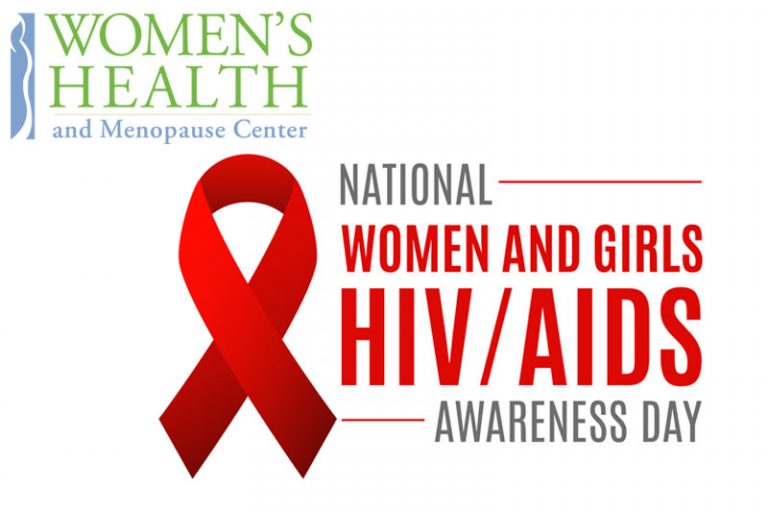The Rise of Non-Invasive Prenatal Testing (NIPT)

What Is NIPT?
Non-Invasive Prenatal Testing (NIPT) is revolutionizing prenatal care. Unlike traditional methods, NIPT uses a simple blood draw from the mother to analyze fetal DNA and screen for genetic conditions, such as Down syndrome, trisomy 18, and trisomy 13—with remarkable accuracy and no risk to the baby.
Why It’s Trending
NIPT is gaining popularity due to its early detection (as soon as 10 weeks), high sensitivity, and minimal risk. With more insurance providers now covering the test, it’s becoming a standard offering—not just for high-risk pregnancies, but for all expecting parents seeking peace of mind.
What It Can and Can’t Do
While NIPT is a powerful tool, it’s important to understand its scope. It’s a screening test, not a diagnostic one. A positive result may require follow-up with chorionic villus sampling (CVS) or amniocentesis. It also doesn’t screen for all genetic conditions, but it offers a strong starting point.
Beyond Chromosomes
Some NIPTs now offer fetal sex determination and microdeletion screenings. These options vary by provider and may involve additional costs or considerations.
What to Ask Your OBGYN
-
Is NIPT right for me?
-
What conditions does the test cover?
-
What are the next steps if results are abnormal?
Takeaway: NIPT offers an empowering option for early, safe, and accurate prenatal screening. Talk to your provider to see if it’s right for your journey.





